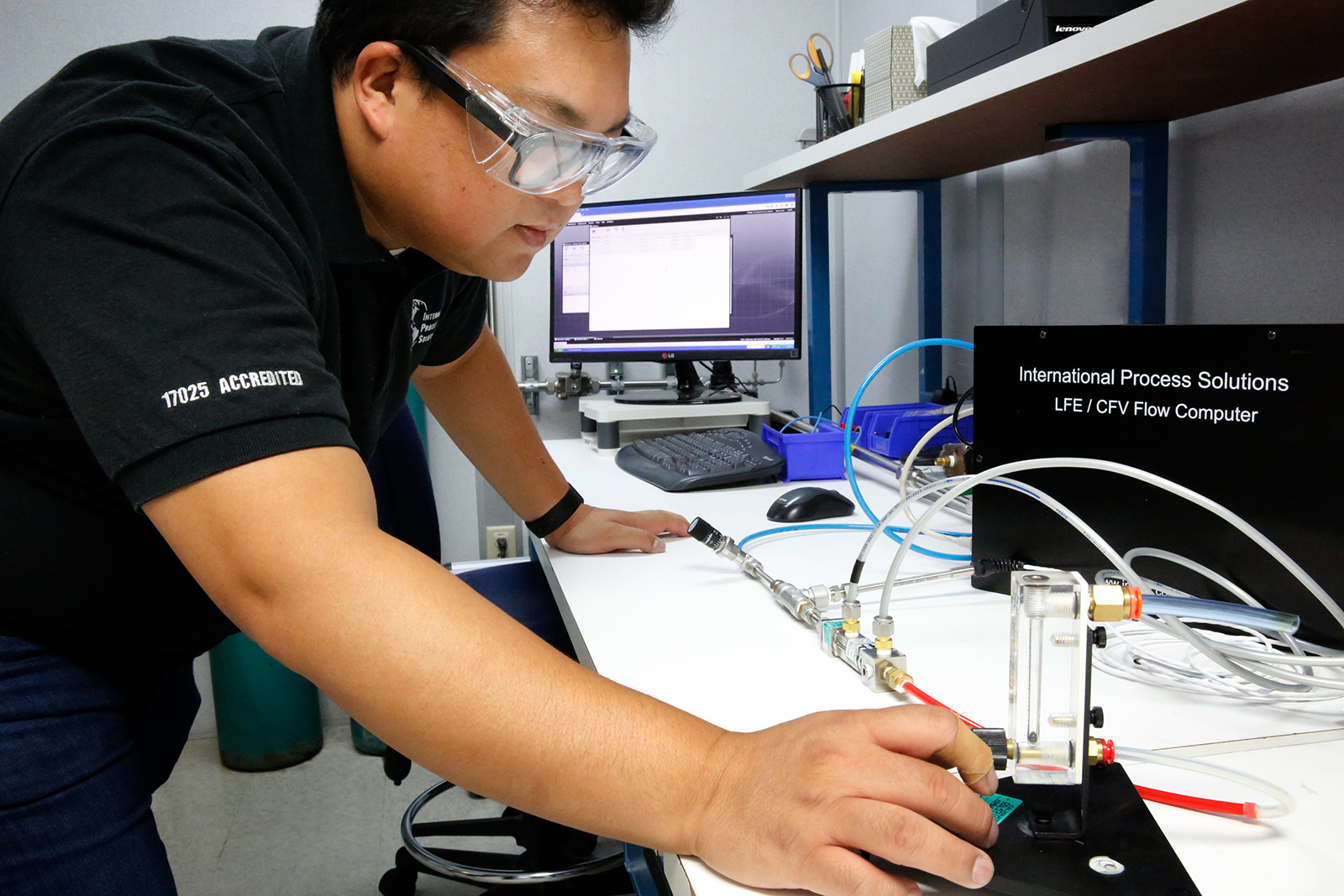
In the realm of scientific discovery and experimentation, precision and accuracy are not just goals but foundational pillars. At the forefront of maintaining these standards lies the crucial practice of pipette calibration. This article delves into the multifaceted importance of pipette calibration, elucidating its vital role in ensuring the integrity and reliability of laboratory results.
Pipette calibration is a meticulous process of verifying and adjusting the volumes dispensed by pipettes, an essential laboratory instrument used across various scientific disciplines. This process is critical to guarantee that pipettes are delivering volumes within the acceptable range of accuracy and precision specified by manufacturers and industry standards.
Regular calibration of pipettes is not just a recommended practice but a necessity. Over time, pipettes can drift from their calibrated settings due to normal wear and tear, exposure to chemicals, and frequent use. Regular calibration ensures that these vital tools continue to function as intended, providing consistency and reliability in experimental results.
The accuracy of laboratory results hinges significantly on the precision of the instruments used. Inaccurate pipetting can lead to significant errors in experimental results, compromising the validity of research and its subsequent applications. Pipette calibration is, therefore, integral to maintaining the high standards of accuracy and reliability expected in scientific research.
Adhering to stringent regulatory standards is another critical reason for regular pipette calibration. Various regulatory bodies, including the International Organization for Standardization (ISO) and the Clinical Laboratory Improvement Amendments (CLIA), mandate specific guidelines for instrument calibration in laboratories. Non-compliance not only risks the integrity of research but also has legal and financial implications.
The reproducibility of research findings is a cornerstone of scientific integrity. Pipette calibration plays a pivotal role in this aspect by ensuring that experiments can be replicated with similar results, thereby reinforcing the credibility of the research.
Regular calibration of pipettes is not only about maintaining accuracy; it is also a cost-effective practice. By ensuring the proper functioning of pipettes, laboratories can avoid the costly repercussions of inaccurate results, such as the need to repeat experiments and the potential waste of valuable samples and reagents.
Modern laboratories employ a range of advanced techniques for pipette calibration. These include gravimetric analysis, photometric methods, and the use of automated calibration systems. Each of these methods offers a high level of precision and efficiency, catering to the diverse needs of various laboratory environments.
The role of skilled personnel in pipette calibration cannot be overstated. It is imperative that laboratory staff are adequately trained and proficient in pipette calibration techniques. Regular training sessions and competency assessments are vital in ensuring that personnel are up-to-date with the latest calibration methods and practices.
Apart from calibration, the regular maintenance and proper handling of pipettes are equally important. This includes routine cleaning, servicing, and adherence to manufacturer’s guidelines for use and storage. Such practices extend the lifespan of pipettes and contribute to their consistent performance.
In conclusion, pipette calibration is not just a routine laboratory procedure but a fundamental practice that upholds the integrity, accuracy, and reliability of scientific research. Through regular calibration, adherence to regulatory standards, and proper training and maintenance, laboratories can ensure that their research outputs meet the highest standards of scientific excellence. In the dynamic landscape of scientific exploration, the calibration of pipettes stands as a beacon of precision and reliability, essential for advancing knowledge and discovery.
San Carlos Lab
1300 Industrial Rd STE 22
San Carlos, CA 94070
650-595-7890
Orange County Lab
58 Tesla
Irvine, CA 92618
310-432-0665
San Diego Lab
3656 Ocean Ranch Blvd
Oceanside, CA 92056
310-432-0665
No Comments